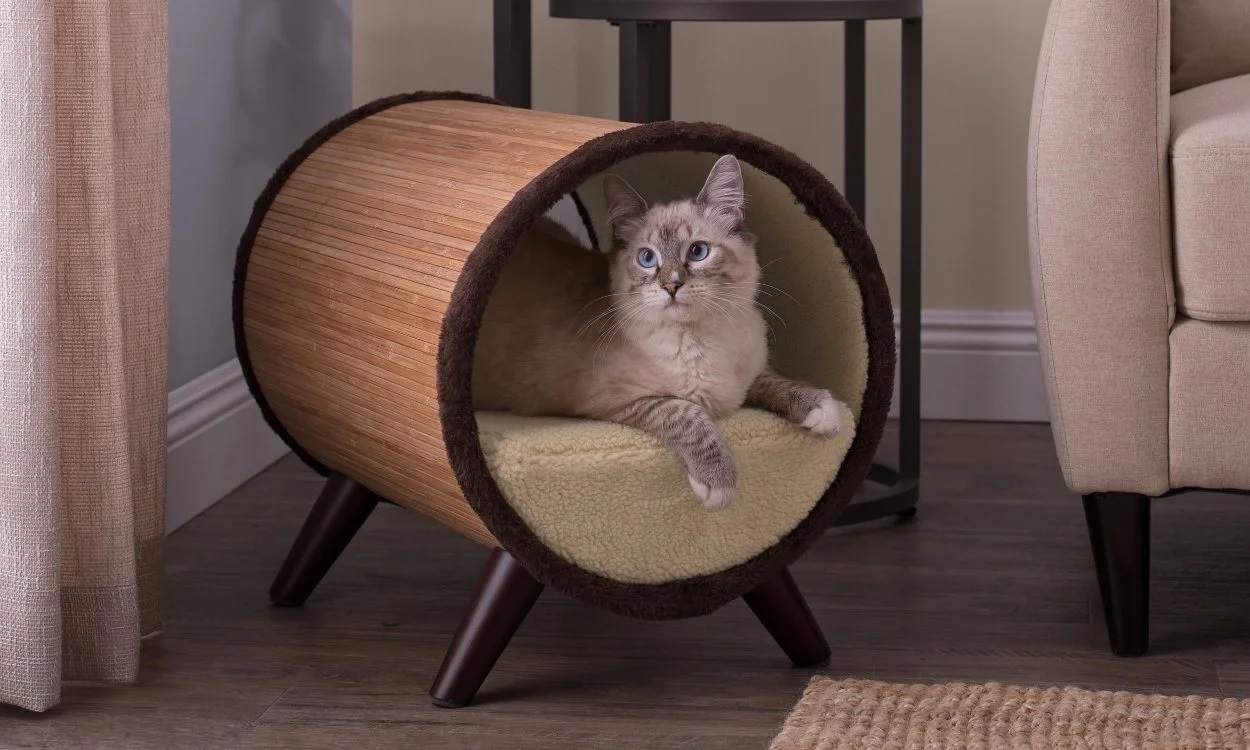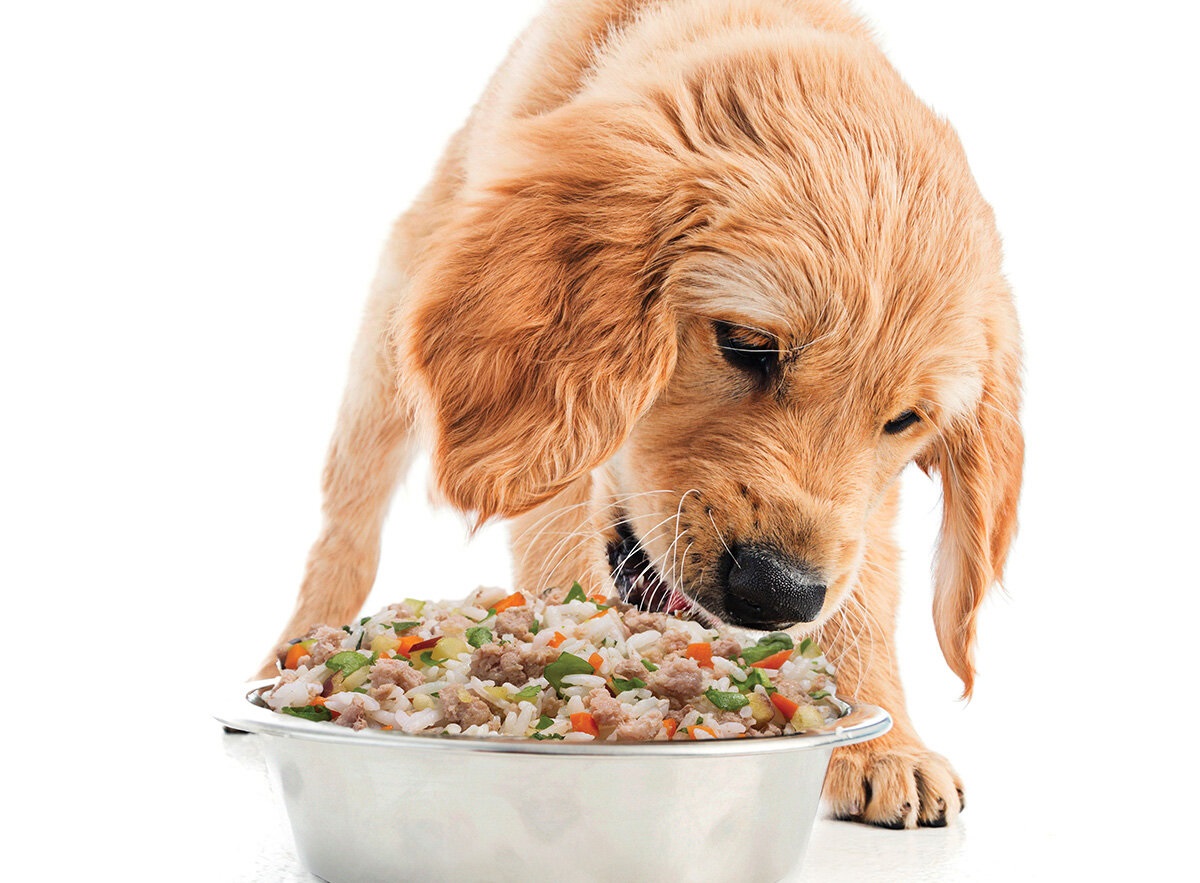In the past, you might have simply filled your cat’s water bowl once a day which was quite sufficient, but that may have significantly changed lately. Now you find yourself replenishing it two or three times a day.
Also, your cat eagerly rushing to drink from the faucet whenever you turn it on can raise a few questions. It is but natural to wonder about the reasons behind this behavior. Could the increased water consumption be a normal part of the aging process for cats? Alternatively, should you be concerned about a potential underlying medical condition?
Discuss the issue with your vet for the right advice and assistance. At the same time, consider being equipped with cat insurance because increased thirst can result from potential health conditions that need to be treated.
Contemplate purchasing pet insurance so your furball has basic medical coverage during challenging health situations with minor economic hassle. In the meantime, read this article to learn if a cat drinking water excessively should be concerning or not.
Excessive water consumption in cats, also known as polydipsia, can be a concerning sign that may indicate an underlying issue. While occasional increased thirst may not be worrisome, persistent and substantial water intake warrants attention. Some of the potential reasons for cats drinking water excessively are mentioned below –
1.Dietary changes
A change in diet, especially if it is high in sodium or certain types of dry food, can make a cat thirstier and prompt it to drink more water.
2.Dehydration
If your cat isn’t getting enough water from its diet or has been losing fluids due to illness, heat, or exercise, it may drink more water to compensate for the loss.
3.Diabetes Mellitus
Cats with diabetes have elevated blood sugar levels, causing increased urination, which leads to dehydration and, subsequently, more water consumption.
4.Hyperthyroidism
An overactive thyroid gland (hyperthyroidism) can accelerate a cat’s metabolism, causing increased thirst and urination.
5.Pregnancy/lactation
Pregnant or nursing cats might drink more water to support their increased metabolic needs during these periods.
6.Renal issues
Kidney disorders, like chronic kidney disease (CKD) and urinary tract infections (UTIs), are common in older cats and can lead to increased thirst as the kidneys struggle to concentrate urine.
7.Bladder stones
Medical conditions like bladder stones can irritate the urinary system, prompting a cat to drink more water to flush out toxins and alleviate discomfort.
8.Medication side effects
Certain medications may cause increased thirst in cats as a side effect.
If you notice your cat drinking water beyond essential limits, consult your vet promptly. They will thoroughly examine your cat’s medical history and perform necessary tests to determine the underlying cause.
Early detection and appropriate management of the root issue can help improve your cat’s health and quality of life. Always ensure fresh and clean water and nutrition-rich food is available to your feline companion because they are vital for overall well-being.
At the same time, consider being equipped with cat insurance to tackle unexpected health expenses more effectively. With pet insurance, your furball can avail of quality medical care at affordable costs, which is why you must contemplate purchasing a policy.





